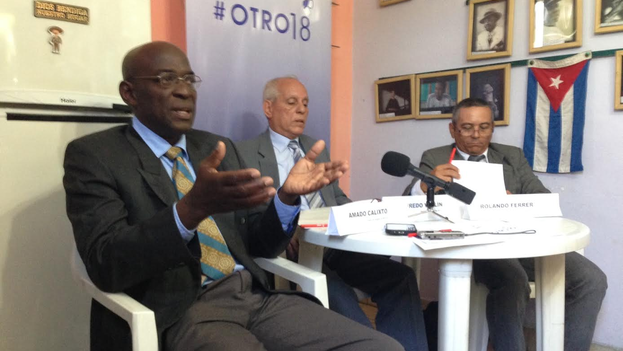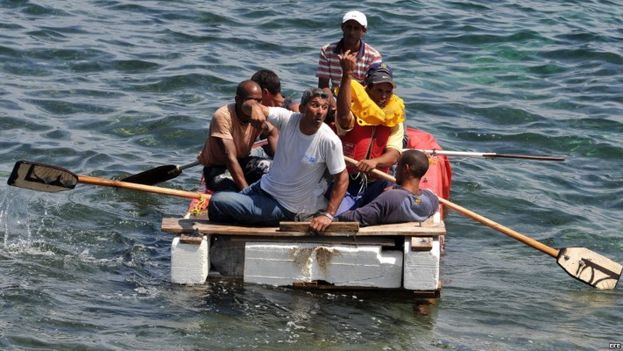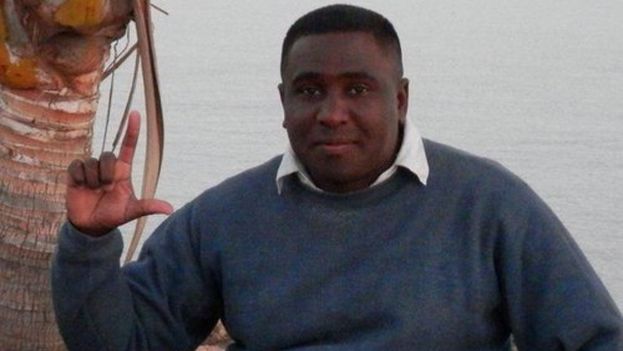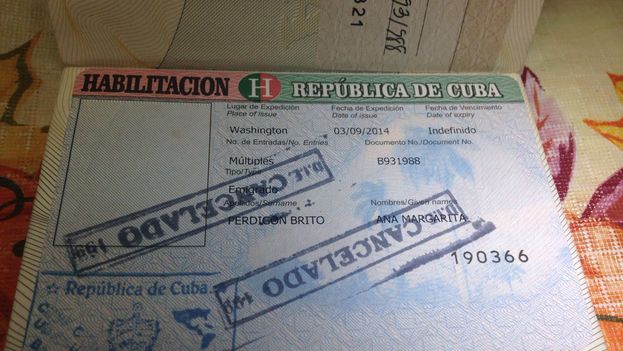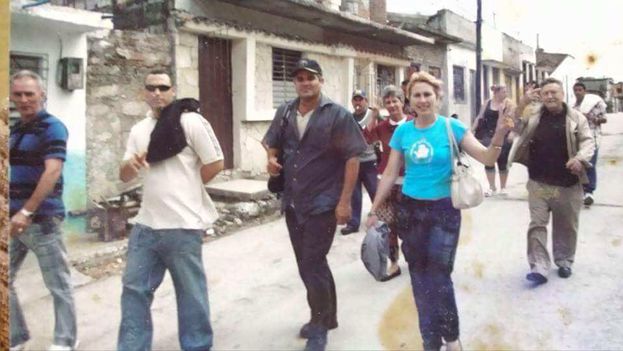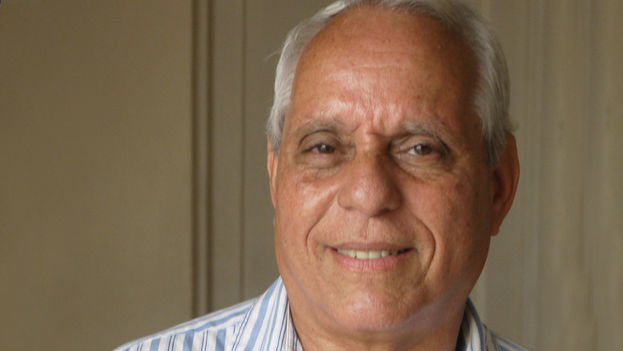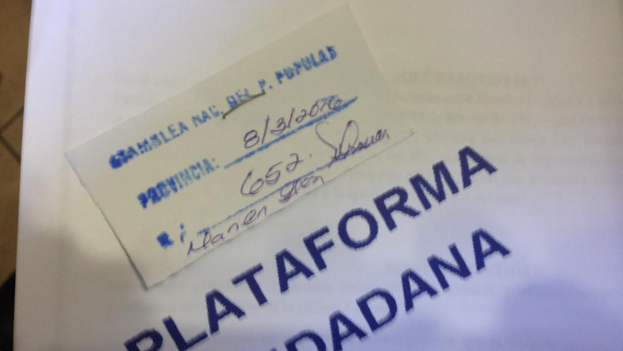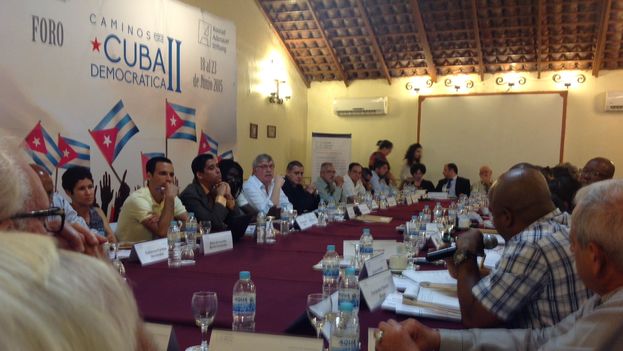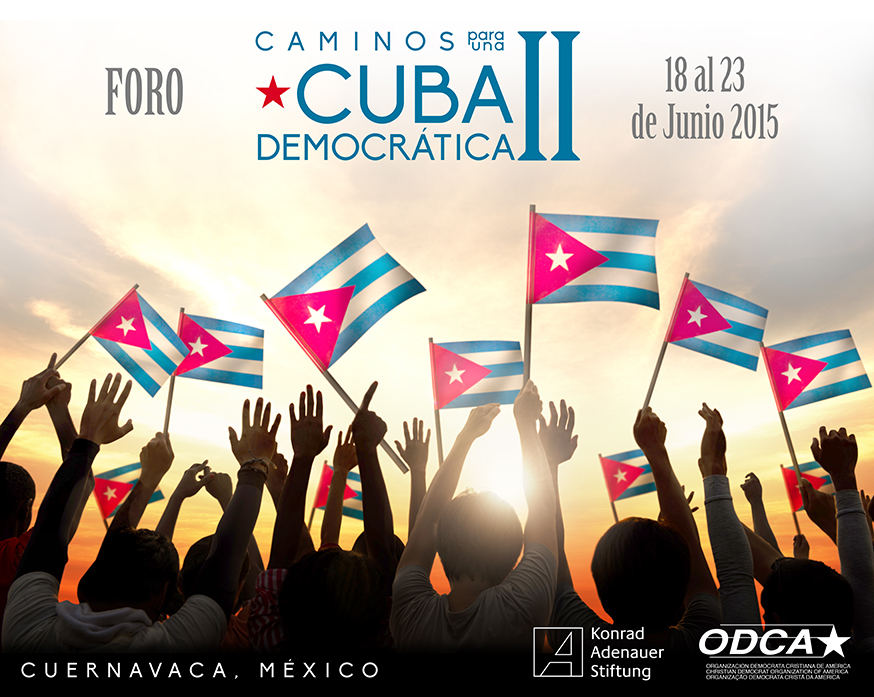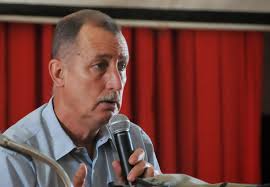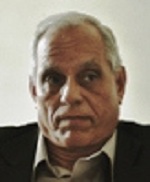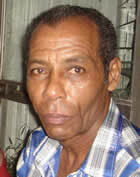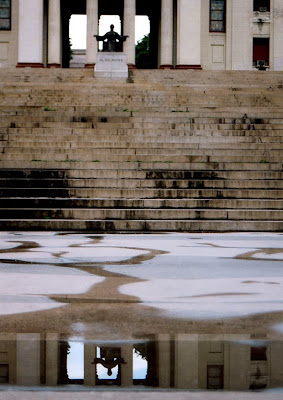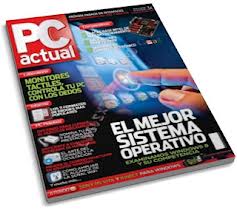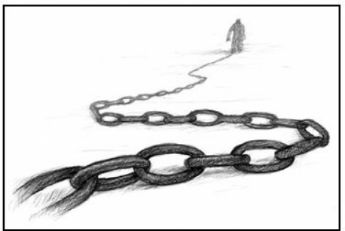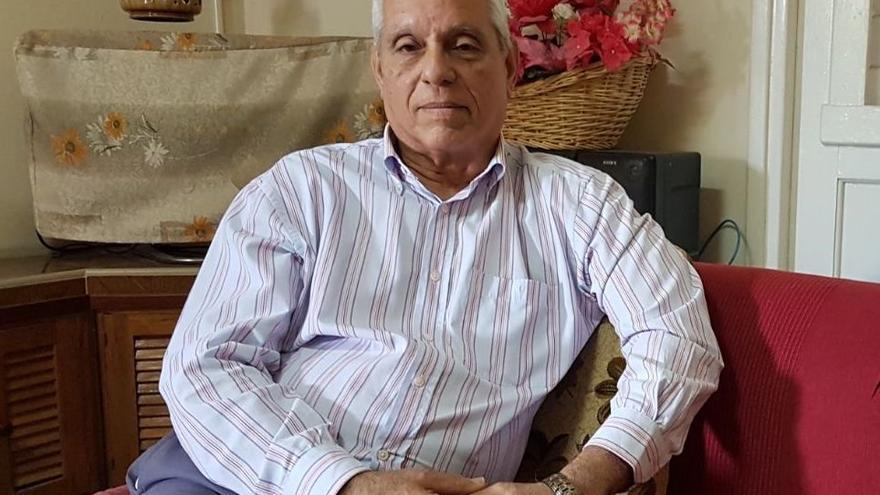
![]() 14ymedio,Wilfredo Vallín, Havana, 23 February 2018 — In recent months, and having been invited by different institutions to many events, I have been repeatedly detained by customs control, where I have been informed that I am “controlled,” which means that I am prohibited from leaving the national territory.
14ymedio,Wilfredo Vallín, Havana, 23 February 2018 — In recent months, and having been invited by different institutions to many events, I have been repeatedly detained by customs control, where I have been informed that I am “controlled,” which means that I am prohibited from leaving the national territory.
This has happened to me on three consecutive occasions. The problem for me has not been so much in the prohibition itself as in the fact that no one seemed to know either the reasons, nor the people behind it, nor the legal grounds for a decision of that nature. continue reading
Despite my efforts to clarify these facts, I could not obtain any reasonably satisfactory answer. There simply was not one, nor did those who made that decision show their faces or give any justification.
On February 13, early in the morning, the political police came to my home telling me they were going to conduct a search. I requested the order from the competent authority and they showed it to me, although it seems they didn’t welcome my insistence that I receive a copy.
To be fair I must say that they showed concern for the state of my health, asked if I had had breakfast, if I felt like my blood pressure was high (they came with a doctor), if I had to take or had already taken some medication, and so on. As it is required by law, they found two witnesses, my neighbors, and the operation began which lasted practically until noon. I told them that they had the obligation to give me a copy of what they seized, which at the end of the search they did.
Continuing the pattern of narrating the events as they occurred, I will add that they were careful to search and then put everything back the way it was, except, of course, what they confiscated.
At the end of the search they told me that I should accompany them and they took me to Aguilera police station, in the area of Luyanó, where the major in charge of the search operation informed me that they were going to open a criminal proceedin against me for illicit enrichment.
During the time I was in Aguilera, both the major and Agent Rolando, who told me he was the official who “sees to the Cuban Legal Association,” talked with me for a long time, which was very useful because I finally understood their reasons for prohibiting my leaving the country, the reasons for a search of that nature and, most amazingly, my “illicit enrichment.”
In 2008 I decided to create the Cuban Legal Association, one of whose purposes, which appears in its statement of motives, or presentation, is the legal instruction of citizens, given the ignorance of the people on this subject. Before carrying out any activity, we went to the Registrar of Associations of the Ministry of Justice to formalize the registration.
I am not going to offer a detailed explanation of this story, which lasted two years and reached the Supreme Court twice, because the first steps we took ran into the iron silence of the Registrar of Associations and the Ministry of Justice itself despite Article 63 of the Constitution which guarantees the right of citizens to address complaints and petitions to the authorities and to receive the appropriate attention and responses in an appropriate time, in accordance with the law.
In any case, the Cuban Legal Association has been providing services from the date of its creation to the extent possible (as we have never been allowed to represent anyone in court) and without, in fact, in all that time there having been, on the part of the authorities an absolutely negative position on the advice or some seminars we offer.
Nonetheless, the times we were visited by the police they always pointed out to us that the fact that we were visiting and advising people who were openly recognized as disaffected with the prevailing political system was a problem.
Our response has always been that when these people go to the [officially licensed] collective law firms for advice or legal assistance and the lawyers learn their identity, they refuse to work with them “to avoid problems.” In my opinion, they do not want to take into account at all the principles of equal rights before the law and without discrimination, on which the Constitution is based.
State institutions educate everyone, from the earliest age, on the principle of the equality of human beings. Not defending or advising those people because of their way of thinking directly contradicts Articles 41 and 42 of the Constitution, articles that we, in the Cuban Legal Association, demand that they comply with.
Everything that has happened to me in recent weeks is consistent, in my opinion, precisely with the legal instruction of the population, with which some do not agree. I have seen it even more clearly in relation to the recent elections that have taken place in the country.
Many citizens have approached us to ask if they are may or may not participate [as a candidate] in the electoral process. To answer this and other questions related to the current electoral law we have studied it carefully and meticulously and we know in which cases a citizen is prohibited from participating. In cases where the individual did not incur any cause to prevent his candidacy, we have told him that his participation is totally and absolutely legitimate, precisely because of what the aforementioned articles and the current Electoral Law establish.
To prohibit the participation of citizens who are making use of their total and absolute right to do so in accordance with what is legally established, is to violate the electoral law itself, as well as the Constitution of the Republic, and to act totally and absolutely arbitrarily.
The arbitrariness in Law consists in the public power, with a mere act of force, completely ignoring what is the norm or criterion in force in a concrete and singular case, without responding to any rule of a general nature, and without creating a new one to cancel the previous one or replace it.
The arbitrary mandate is one that is not based on a general principle — applicable to all analogous cases — but responds to a simple “because,” “because I feel like it”; in short, to a caprice or whim that does not derive from the law.
It is an essential characteristic of a legal norm by necessity linked to the same power that dictated it, and this is understood, as long as it does not deviate from the general character in use of competence of the same rank which had originated earlier. The powers are tied to the legal norms and woek in the measure in which they adapt to them and within the faculties that they grant.
It is, therefore, characteristic of the Law to establish a regular, inviolable, stable ordination (insofar as it is not repealed) that, while it rules, is equally binding on the citizen and on the power. I think the above is self-explanatory. It is inadmissible that the highest authorities allow the violation of the laws of the nation and, while demanding compliance to some, violate others without further ado.
__________________________
The 14ymedio team is committed to serious journalism that reflects the reality of deep Cuba. Thank you for joining us on this long road. We invite you to continue supporting us, but this time by becoming a member of 14ymedio. Together we can continue to transform journalism in Cuba.


